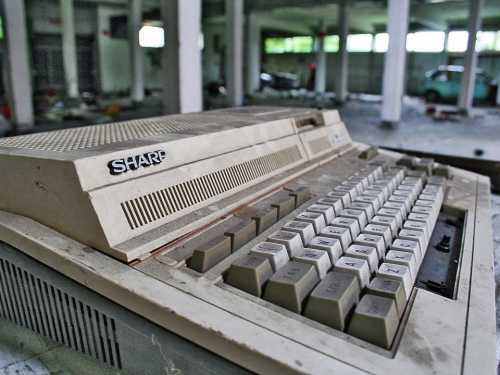
Russia has found yet another potential substitute for the dollar in international trade. While Washington is threatening to step up sanctions, freeze Russia’s dollar-denominated assets, and even target the country’s sovereign debt, Moscow is confidently moving away from the greenback.
The US is ‘shooting itself not in the foot, but a bit higher’, said Russian President Vladimir Putin commenting on Washington’s sanctions and attempts to use the dollar as nothing short of a weapon.
‘We do not have the goal to move away from the dollar, we are forced to do this. Let me assure you, we will do this… We just do not want to do anything sudden that would hurt us… We are not leaving the dollar, the dollar is leaving us’, the Russian president said, while speaking at the annual ‘Russia Calling!’ Investment Forum on 28 November.
Meanwhile, Russia’s de-dollarisation programme is under way amid Washington’s threats to impose sanctions on the country’s sovereign debt. On 27 November, the Russian Finance Ministry reported that it had issued 1 billion euros ($1.13 billion) worth of seven-year bonds with a yield of 3.0 per cent on Tuesday.
According to VTB First Deputy Chairman Yuri Soloviev, the share of foreign participants in the latest issue of Russian Eurobonds had exceeded 75 per cent.
Commenting on the move, Deputy Finance Minister Vladimir Kolychev told Sputnik that Russia’s placement of sovereign Eurobonds in euros was not directly related to the Kremlin’s de-dollarisation plan, but admitted that ‘we cannot say that it will not encourage’ this process.
However, Bloomberg’s opinion columnist Leonid Bershidsky believes that the endeavour is part of a comprehensive programme: ‘[T]he bond placement is a test of the “de-dollarisation” program, put in place by President Vladimir Putin this year’, he wrote, recalling that Russia sold bonds denominated in euros for the first time since 2013.
It appears that Russia has found yet another alternative to the greenback. This obviously plays into the hands of the EU, Bershidsky opined: ‘If the test and the plan are successful, the European Union will get an unlikely but important ally for its efforts to bolster the global role of its common currency’.
To reduce its dependence on the dollar, Russia has taken a series of measures, including cutting its US bond holdings from $96.1 billion to $14.4 billion in September 2018, increasing its gold reserves and switching to transactions in national currencies.
Non-Dollar Trade is Gaining Momentum
Thus, the $5 billion deal between Russia and India for five regiments of the S-400 Triumf air defence system was settled in roubles, becoming the first major non-dollar defence deal signed by Russia since the collapse of the USSR.
‘The contract is signed in roubles’, Russian Deputy Prime Minister Yury Borisov stated on 31 October.
In addition, New Delhi is planning to pay in rupees for Very-Short-Range Air Defence (VSHORAD) systems from Moscow. The deal, estimated to cost around $1.5 billion, is due to be finalised in 2019. It will become the second largest defence contract struck by India and Russia.
According to Minister of Economic Development of the Russian Federation Maksim Oreshkin, the trade turnover between Russia and India has increased by 19 per cent, to $7.8 billion over the first nine months of the year. It is expected to reach $11 billion by the end of 2018.
The minister emphasised that New Delhi and Moscow had agreed to kick off a number of new projects, foreseeing that it would not only expand bilateral economic cooperation, but also lead to a sharp increase in trade turnover — up to $30 billion by 2025.
Earlier, the head of the Russian state development bank Vnesheconombank, Igor Shuvalov, announced that Russia and China could ink an agreement on settlements in national currencies by the end of 2018.
Meanwhile, according to the Moscow Stock Exchange, the trade volume of the yuan-rouble swaps reached 940.3 billion roubles in the first 10 months of 2018, increasing 2.5 times the volume of swaps in 2017.
In addition, Russia is working on creating systems separate from the Society for Worldwide Interbank Financial Telecommunication (SWIFT), as President Putin revealed during the ‘Russia Calling!’ forum.
‘We are actively working with some countries, without partners on trade and economy, on setting up systems that would be independent of SWIFT’, the Russian president stated.
‘The instability in dollar settlements causes a desire for many world economies to find alternative reserve currencies and create dollar-independent settlement systems’, Putin highlighted, adding: ‘We’re not the only ones doing it, believe me’.
Sourse: sputniknews.com






